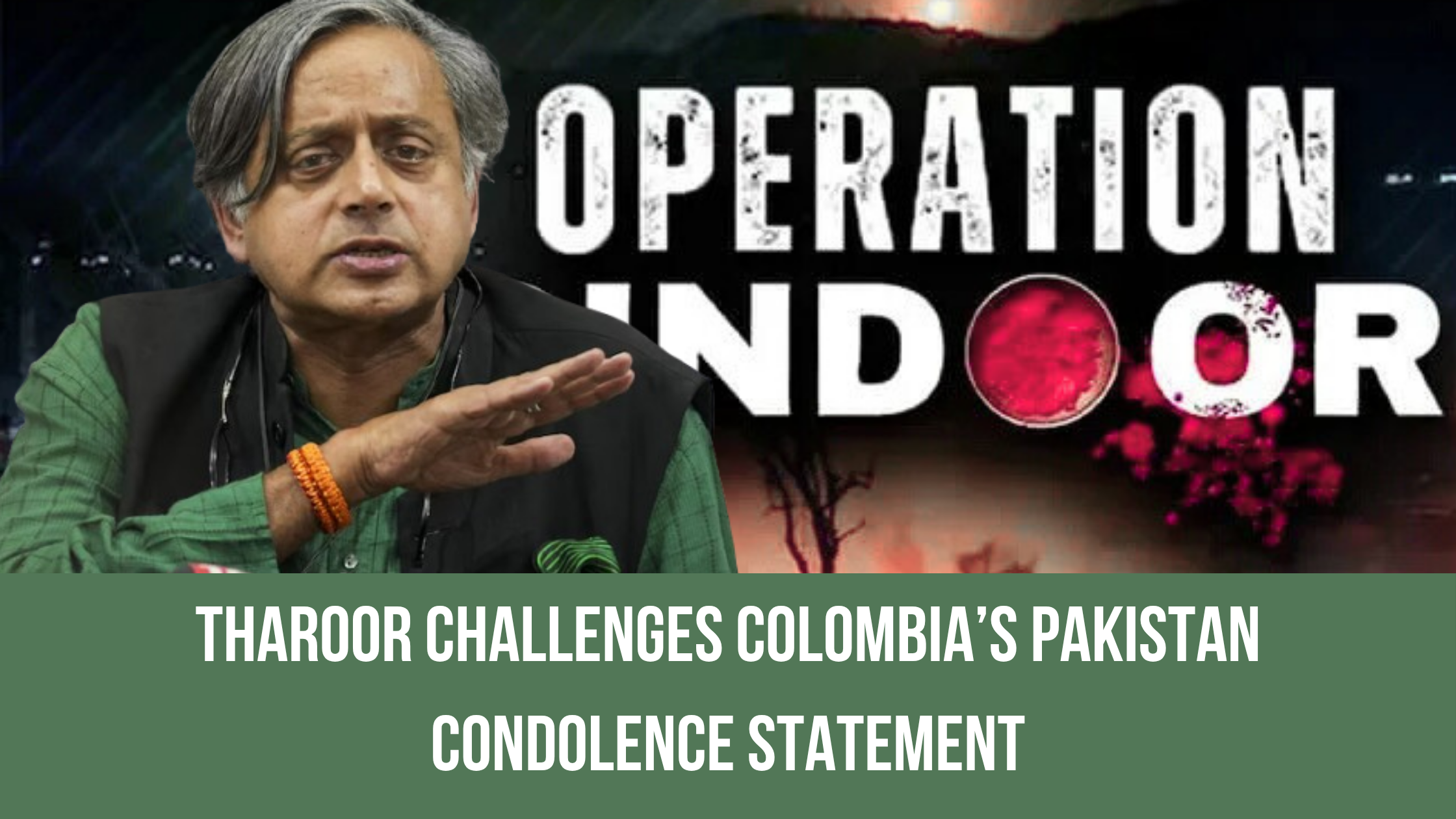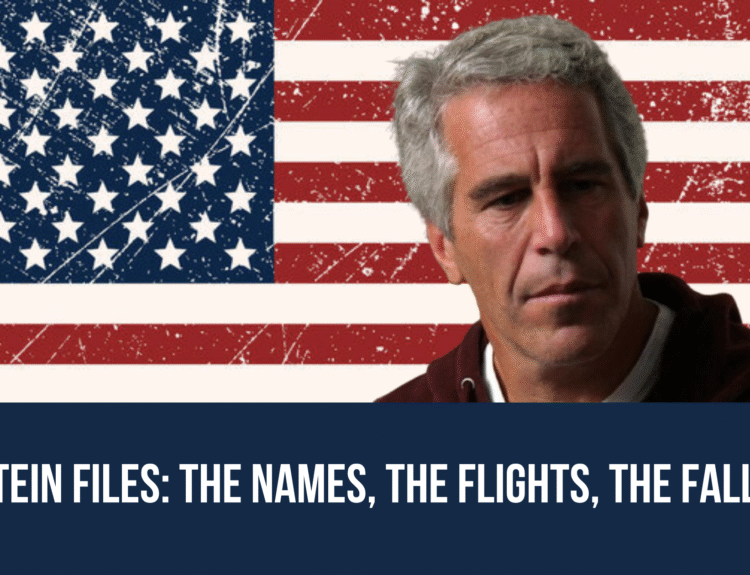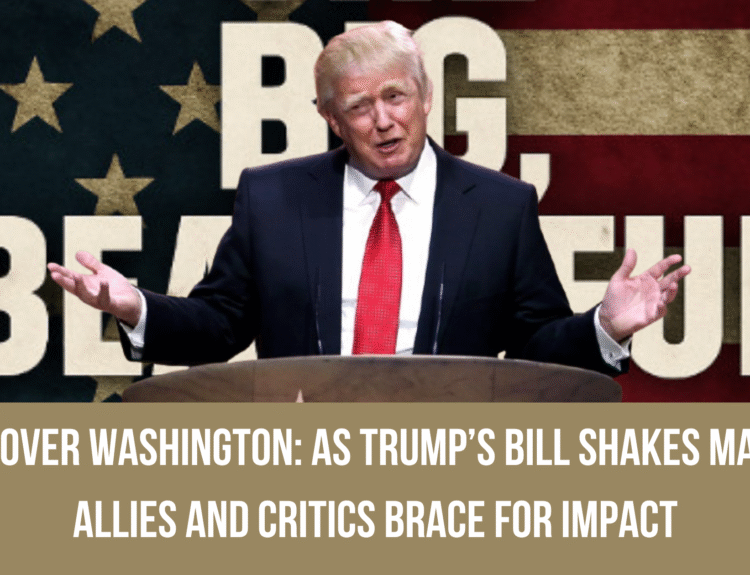In late May 2025, as India’s global outreach mission to explain Operation Sindoor unfolded, Congress MP Shashi Tharoor took particular umbrage with Colombia’s public condolences toward Pakistan for lives lost in India’s precision strikes. Tharoor, leading an all-party delegation, argued that equating victims of terror with the terrorists themselves—and those defending against them—was both unfair and factually misplaced .
Tharoor’s delegation arrived in Bogotá on May 29, fresh from briefings in Panama and Guyana. The Colombian government had issued a formal statement expressing “heartfelt condolences” to Pakistan for casualties following India’s May 7 strikes—strikes India says were strictly aimed at terror-training camps tied to the Pahalgam attack (The Indian Express). In response, Tharoor voiced his “disappointment”, insisting that “there can be no equivalence between terrorists and those defending their country” (The Times of India).
During a press interaction in Bogotá, Tharoor elaborated:
“We are here seeking understanding. Perhaps the situation wasn’t fully grasped when that condolence statement was issued. India’s response was a matter of self-defence against those who perpetrate terror, not aggression against innocent civilians.” (The New Indian Express)
He underscored that Operation Sindoor—launched after the April 22 Pahalgam terror attack that claimed 26 lives—had deliberately avoided civilian targets, striking only at infrastructure used by terrorist outfits supported by Pakistan (Wikipedia). Tharoor pointed out that India’s objective was clear: to dismantle terror networks, not to inflict indiscriminate harm.
Tharoor didn’t stop at expressing disappointment. He challenged Colombia—and by extension, other global partners—to align with international counter-terrorism principles rather than offering sympathy to states viewed as sponsors of terror. “Rather than sympathising with the perpetrators’ backers, the world should stand by victims of terror,” he urged—warning that any narrative suggesting moral parity would embolden extremists (Telugu Samayam).
His remarks in Bogotá were part of a broader diplomatic strategy. As Chair of the Parliamentary Committee on External Affairs, Tharoor has been at the forefront of communicating India’s security concerns. In Colombia, he reiterated calls for global designations of groups like “The Resistance Front” as terrorist organizations, and for the Financial Action Task Force to grey-list Pakistan for its alleged complicity (Firstpost).
Why It Matters
- Defending India’s Image: Tharoor’s vocal stance aimed to correct misconceptions abroad, ensuring India’s counter-strike was seen as a justified act of self-defence.
- Unified Message: By publicly rebuking Colombia, he signaled that India expects consistent support against terrorism, regardless of the perpetrator’s nationality.
- Domestic Resonance: Back home, his clear messaging helped rally bipartisan support for the government’s actions, transcending party lines.
As the delegation moves on to further engagements in Europe and North America, Tharoor’s Bogotá intervention stands out as a defining moment—one that underscores India’s insistence on distinguishing between the perpetrators of violence and the victims, and on rallying the international community behind its right to defend its citizens.




